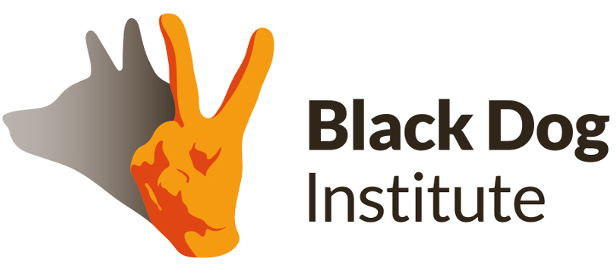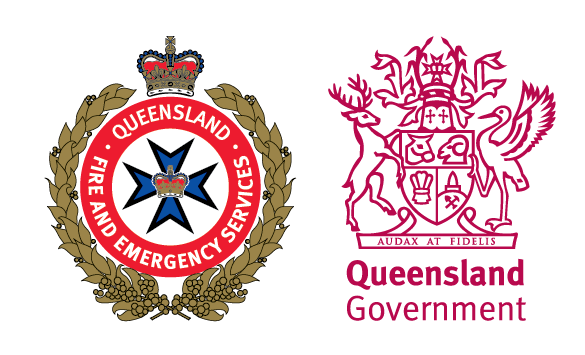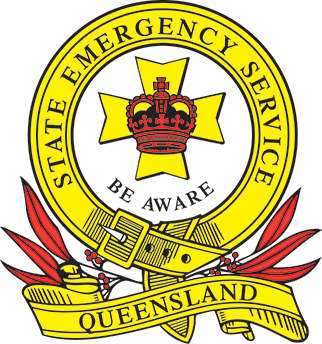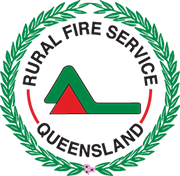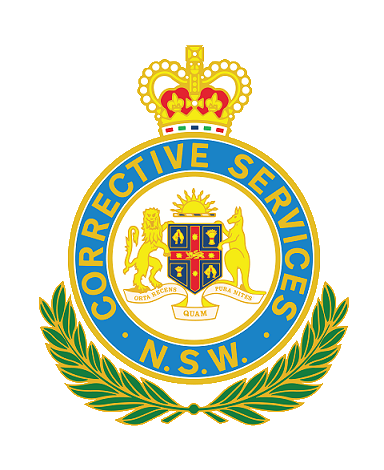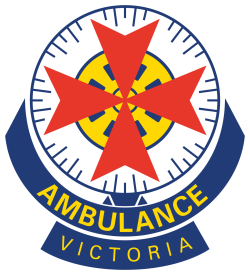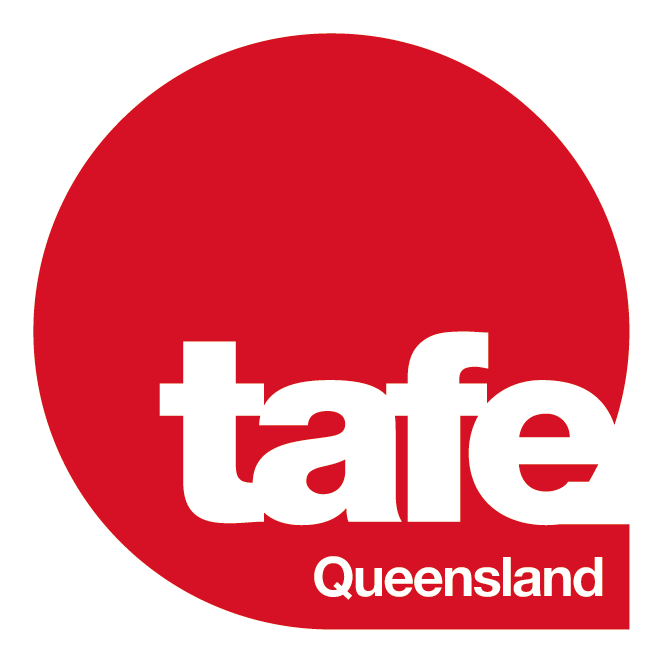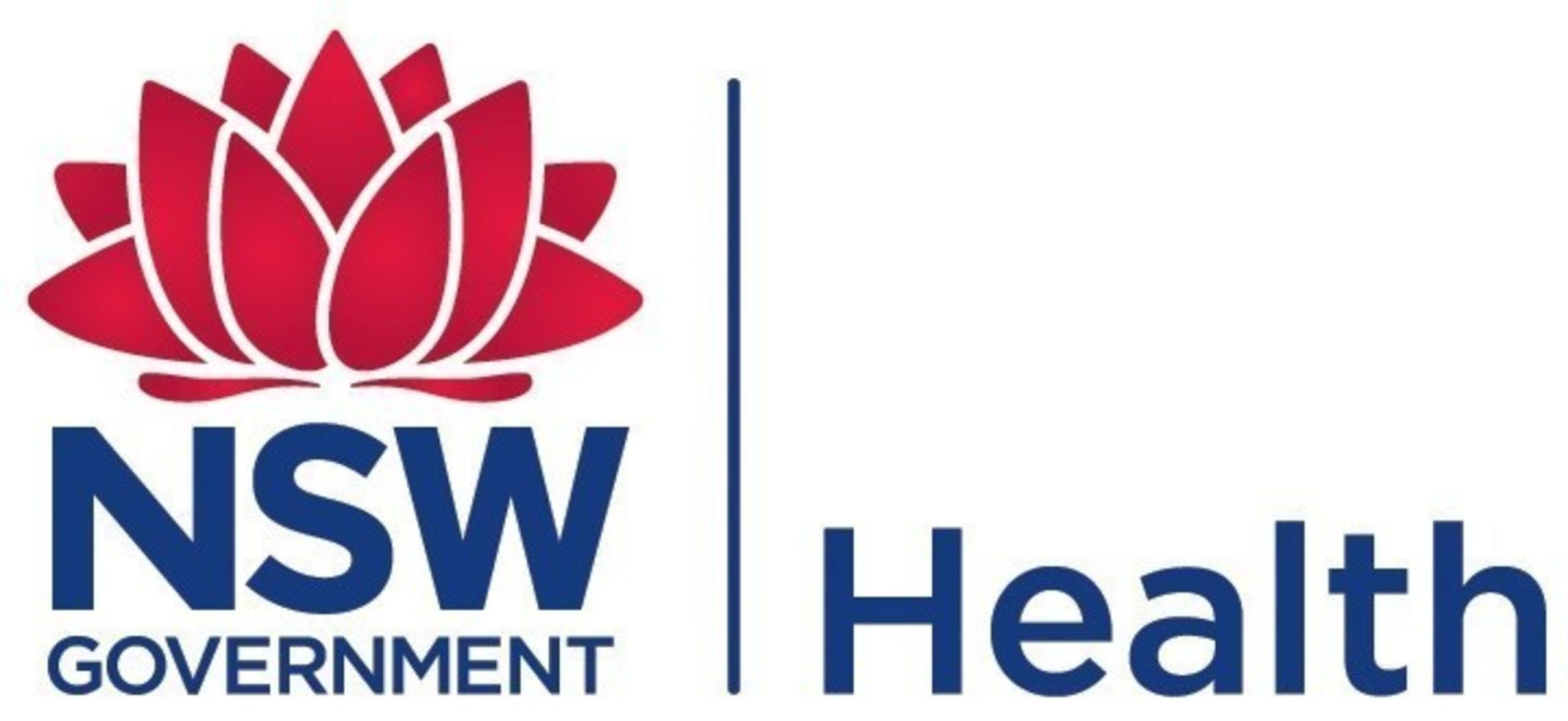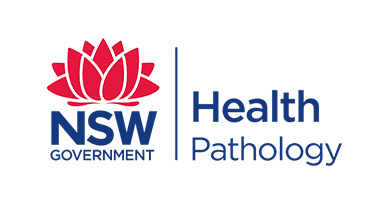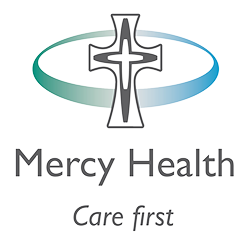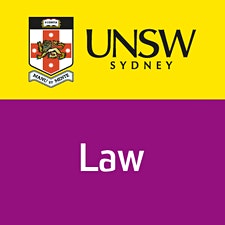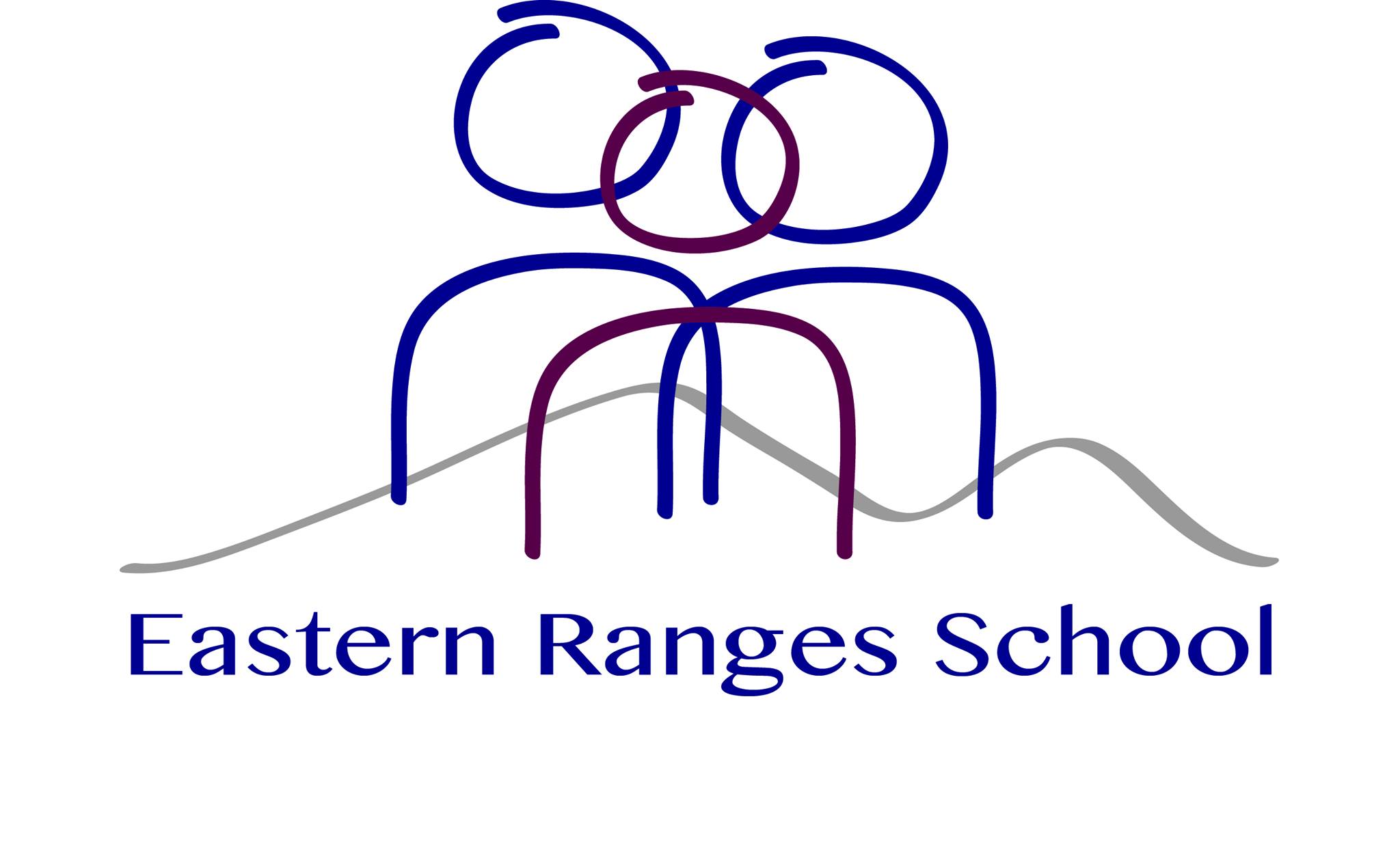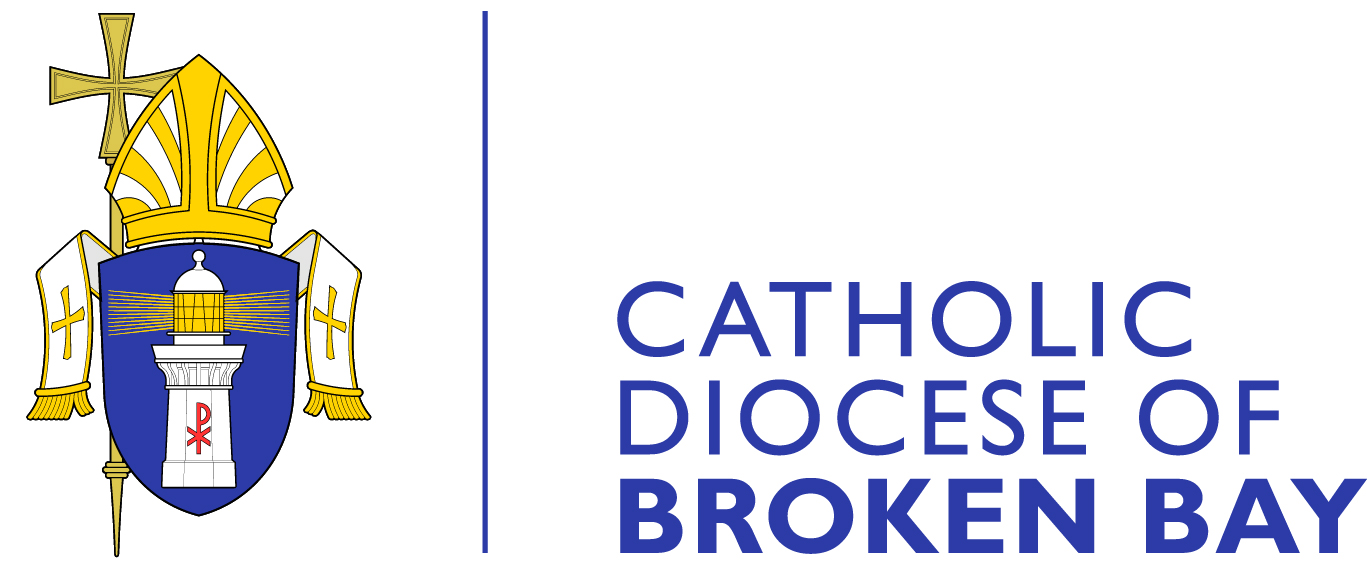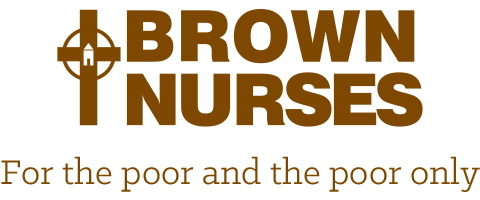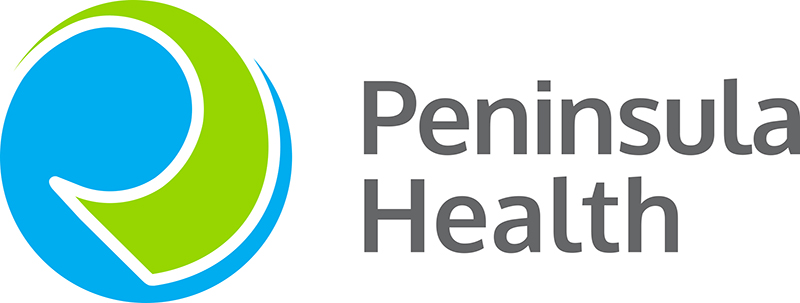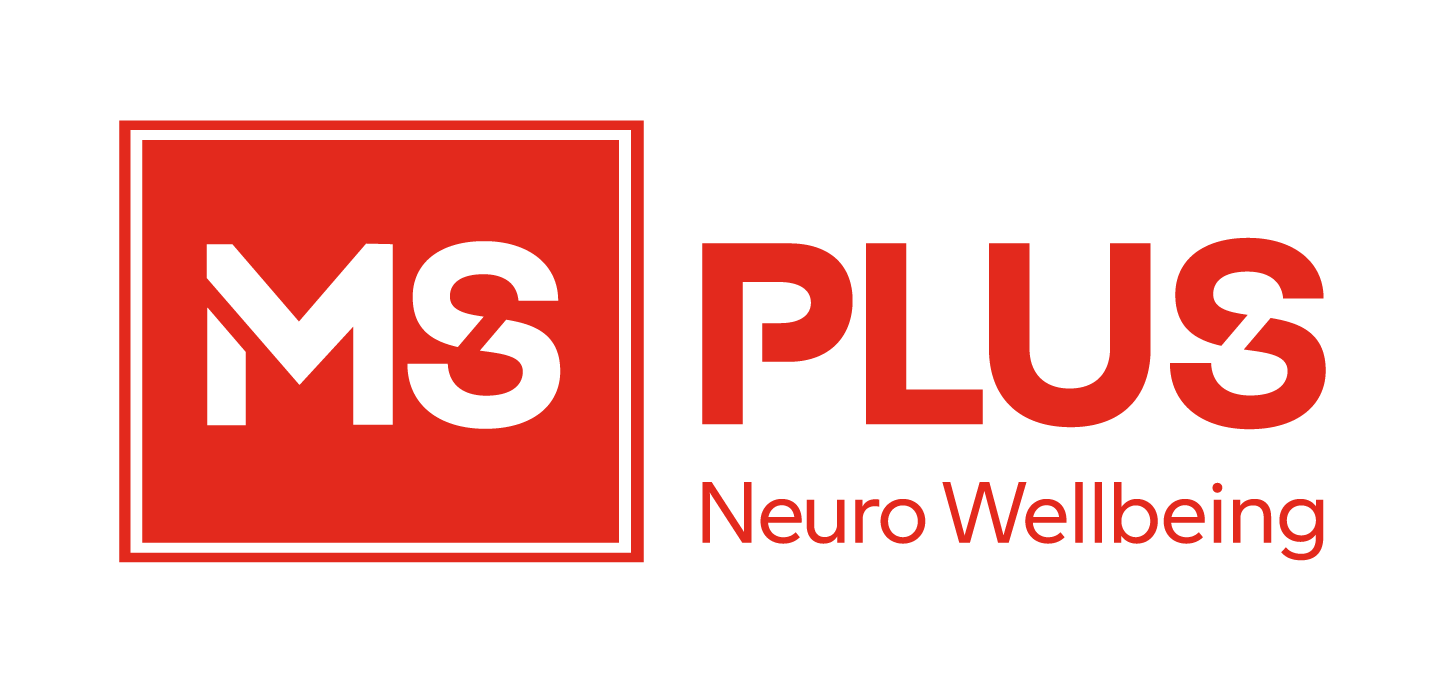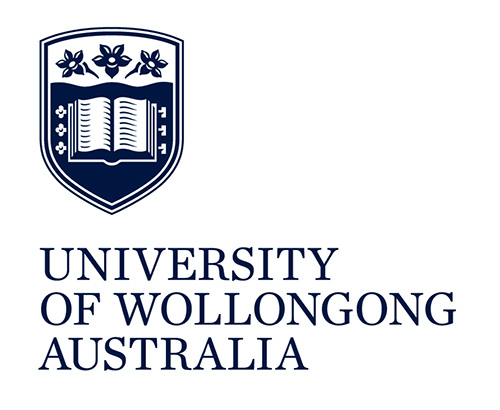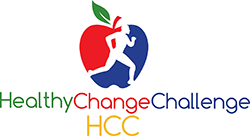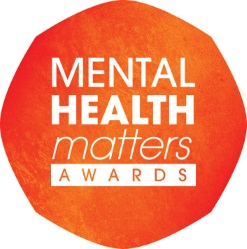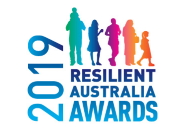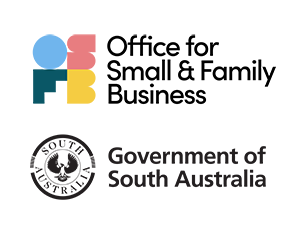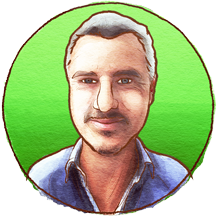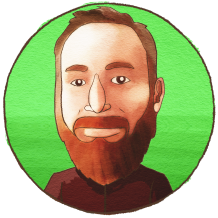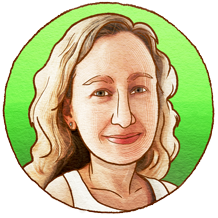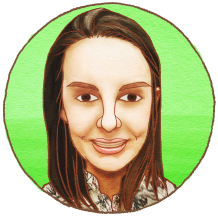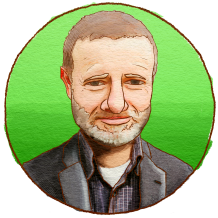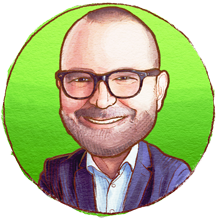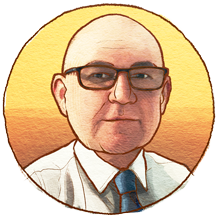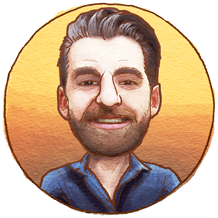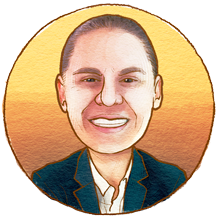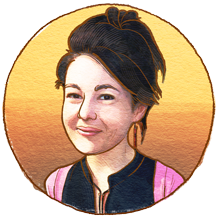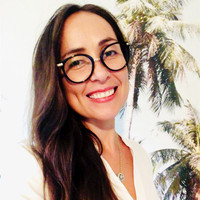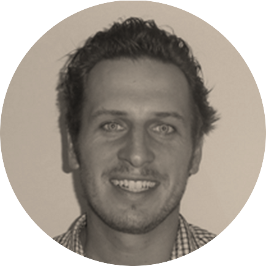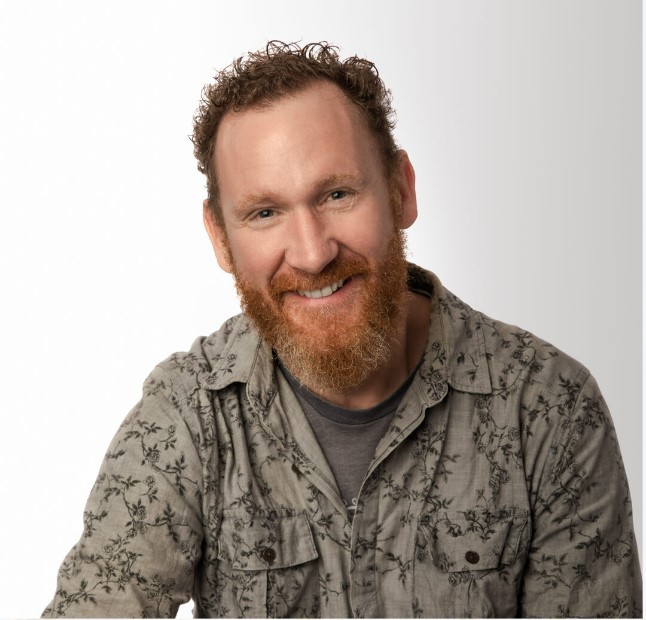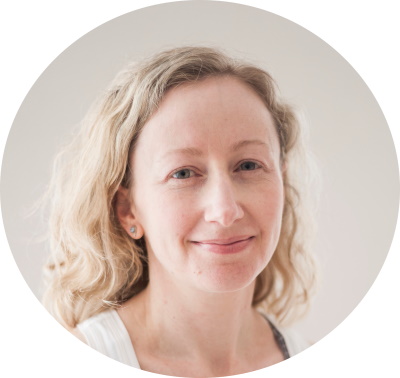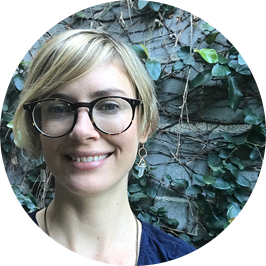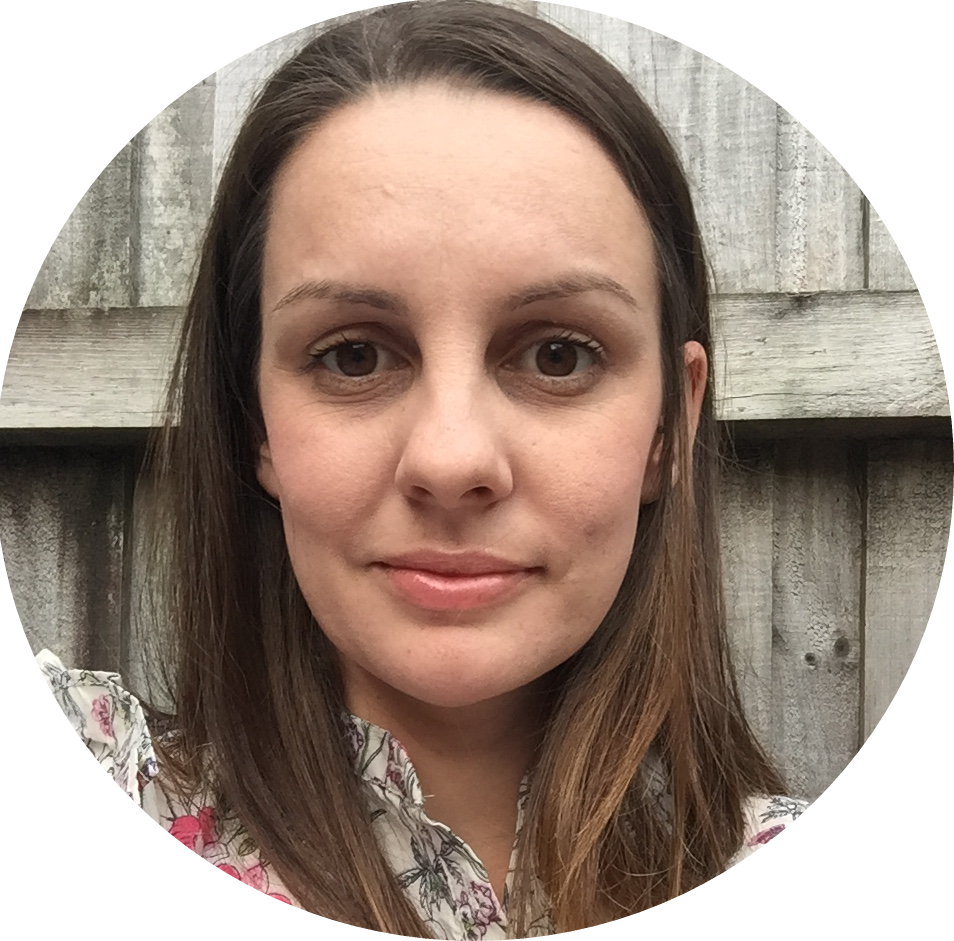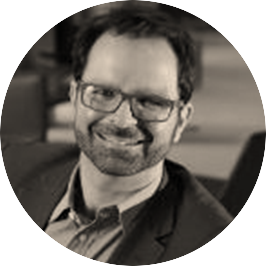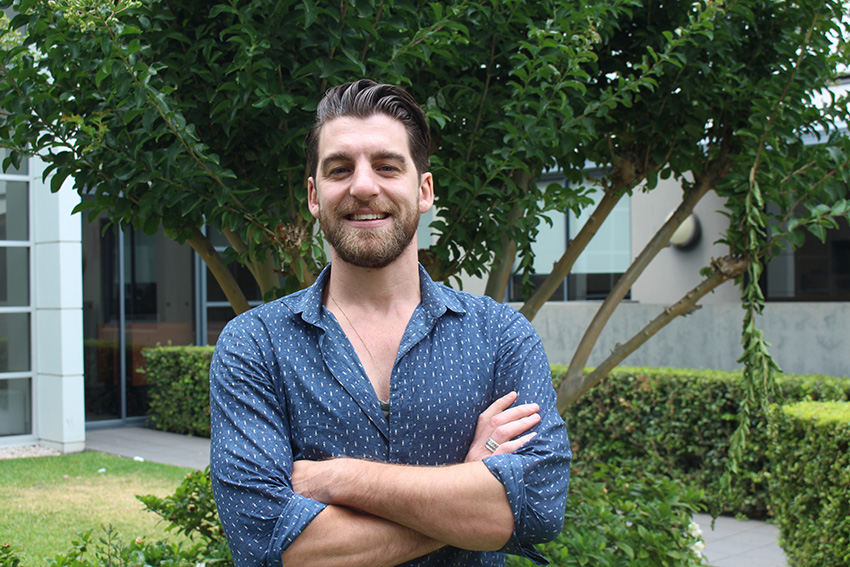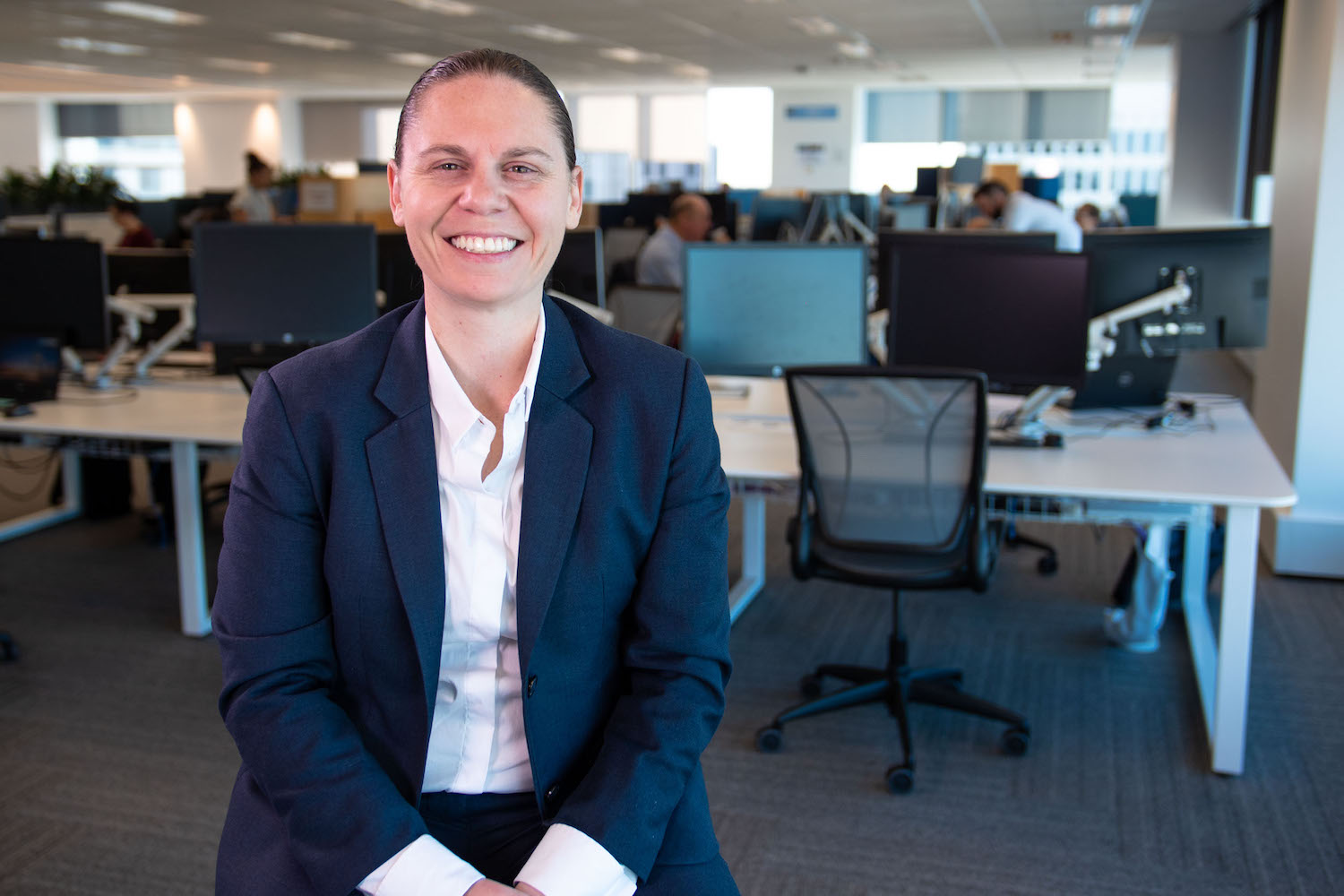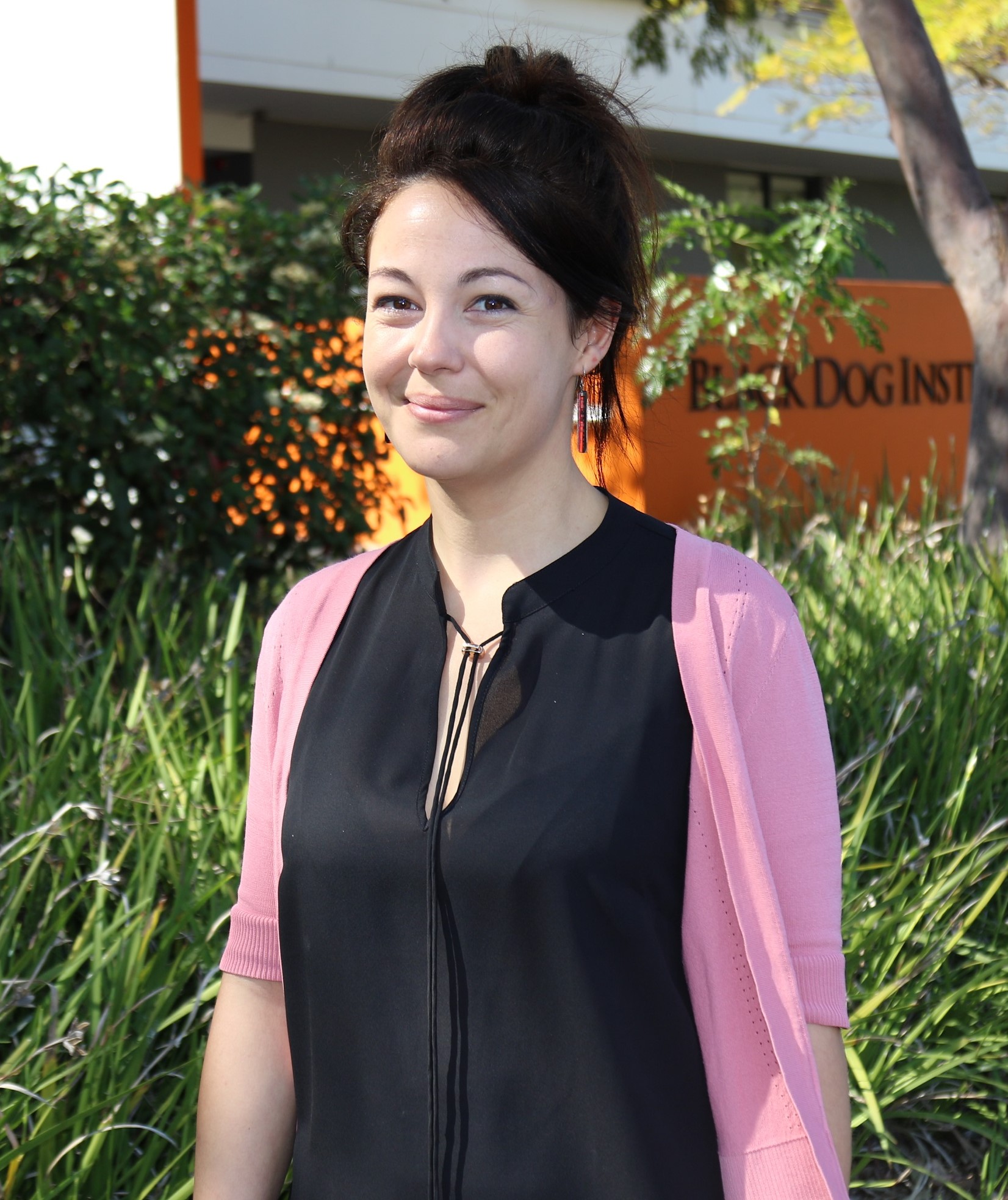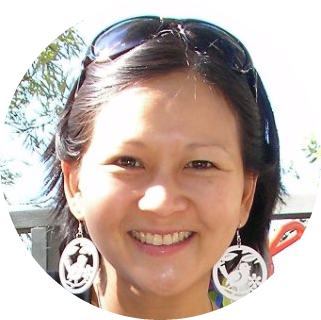Dr Sadhbh Joyce
Dr Sadhbh (pronounced Sive) Joyce is the principal psychologist and co-founder of Mindarma. She attained an honours degree in Psychology, a Masters degree in Clinical Neuropsychology from Macquarie University, Sydney and a PhD from UNSW Medicine and the Black Dog Institute.
Sadhbh has over 18 years experience in mental health and has worked across clinical, academic and industrial settings. She has provided evidence-based therapy to those struggling with anxiety, depression, trauma and bereavement. Sadhbh is also a Workplace Mental Health Specialist, a qualified Meditation Teacher, Yoga Teacher and Nature Therapy Practitioner. She holds full registration with AHPRA and full membership with the Australian Psychological Society (APS). Sadhbh has held a number of academic teaching positions in psychology at the University of NSW and Macquarie University, Sydney Australia. She is currently an External Fellow and Adjunct Lecturer at UNSW Medicine and The Black Dog Institute.
Determined to bridge the gap between clinical research and the workplace, Sadhbh has focused on translating research into real-world solutions, which are practical, scalable and evidence-based. Her PhD research focused on developing and evaluating a novel mindfulness-based resilience training program for first-responders. The success of this program spurred the development of Mindarma, which has been adopted by major employers and government departments including NSW Ambulance, Fire & Rescue NSW, Thomson Reuters, Ambulance Victoria, Department of Fire and Emergency Services Western Australia, Queensland Fire and Emergency Services, Queensland TAFE, NSW Health, Transport for NSW, UNSW LAW, NSW TAFE, NSW Healthshare, University of Wollongong and the Department of Communities and Justice, NSW.
In 2018, the program was awarded a Mental Health Matters Award from the NSW Mental Health Commission. In 2019, it received a highly-commended award from the NSW Government at the Resilience Australia Awards. In addition, FRNSW received the 2019 AFAC Leading Practice in Mental Health Award for implementing the program across their workforce.
In 2021, Sadhbh was awarded the Australian Psychological Society DGPP Significant Contribution Award which encourages excellence and highlights the achievements of registered psychologists.
Sadhbh is also a qualified Hatha and Yin Yoga Teacher and is a Level 2 iRest Yoga Nidra Meditation teacher . She has a longstanding interest in the physical and psychological benefits of merging Eastern Philosophy and Western Psychology. Outside of work, she enjoys walking her two blue heelers, meditation, hiking, poetry, singing and playing Irish music, sharing time with dear friends and being out in nature.
A summary of Sadhbh’s recent research is listed below.
Joyce S. (2023) Why Mindful Self-Compassion and Proactive Self-Care is Central to Replenishing Vital Resilience Resources and Wellbeing Among First Responders. Frontline Mental Health Conference: Australian and New Zealand Mental Health Association (ANZMH) March 6th – 7th, Royal Pines Resort and Conference Centre, Gold Coast, Queensland, Australia.
Joyce S, & Wooldridge Z. (2023) Mindarma at NSW Ambulance. Oral presentation at the 2023 ANZMH Frontline Mental Health Conference, March 6th – 7th, Royal Pines Resort and Conference Centre, Gold Coast, Queensland, Australia.
Joyce S, & Barrett S. (March 14th 2022) Mindarma at Ambulance Victoria. Oral presentation at the 2022 ANZMH Frontline Mental Health Conference, March 14th – 15th, Sea World Resort Conference Centre, Gold Coast, Queensland, Australia.
Marshall R, & Joyce S. ( March 14th 2022) The development and implementation of Mindarma at Youth Justice NSW. Poster presentation at the 2022 ANZMH Frontline Mental Health Conference, March 14th – 15th, Sea World Resort Conference Centre, Gold Coast, Queensland, Australia.https://anzmh.asn.au/fmhc-2022
Johnson AM, Groth M, Nguyen H, Dey S, Nottage S, Joyce S, Tan L, Glozier N, & SB Harvey (2020). A Review And Agenda For Examining How Technology-Driven Changes At Work Will Impact Workplace Mental Health And Employee Well-Being. Australian Journal Of Management. Link: https://doi.org/10.1177/0312896220922292
Joyce S, Shand F, Lal TJ, Mott B, Bryant RA, Harvey SB (2019). Resilience@Work Mindfulness Program: Results From a Cluster Randomized Controlled Trial With First Responders. J Med Internet Res 2019;21(2):e12894DOI: 10.2196/12894. Link: https://www.jmir.org/2019/2/e12894/
Joyce S, Tan L, Shand F, Bryant RA, Harvey SB. (2019). Can Resilience be Measured and Used to Predict Mental Health Symptomology Among First Responders Exposed to Repeated Trauma? Journal of Occupational and Environmental Medicine: 61(4), 285–292.doi: 10.1097/JOM.0000000000001526 Link: https://journals.lww.com/joem/Abstract/2019/04000/Can_Resilience_be_Measured_and_Used_to_Predict.4.aspx
Counson I, Hoseman D, Lal TJ, Mott B, Harvey SB, & Joyce S. (2019). Mental health and mindfulness amongst Australian fire fighters. BMC Psychology, 7; 34, https://doi.org/10.1186/s40359-019-0311-2
Joyce S, Shand F, Tighe J, Laurent SJ, Bryant RA, Harvey SB. (2018) Road to resilience: a systematic review and meta-analysis of resilience training programmes and interventions. BMJ Open 2018;8:e017858. doi: 10.1136/bmjopen-2017-017858 Link: https://bmjopen.bmj.com/content/8/6/e017858
Joyce S, Shand F, Bryant RA, Lal TJ, Harvey SB (2018). Mindfulness-Based Resilience Training in the Workplace: Pilot Study of the Internet-Based Resilience@Work (RAW) Mindfulness Program. Journal of Medical Internet Research. 20(9): e10326. DOI: 10.2196/10326. Link: https://www.jmir.org/2018/9/e10326/?utm_source=TrendMD&utm_medium=cpc&utm_campaign=JMIR_TrendMD_0
Petrie, K., Joyce, S., Henderson, M., Johnson A., Nguyen, H., Modini, M., Groth, M., Glozier, N., & Harvey, S.B. (2017). A framework to create more mentally healthy workplaces: A viewpoint. Aust NZJ Psychiatry. DOI: 10.1177/0004867417726174
Joyce, S. Keynote presentation: “Resilience, emergency service workers & the Resilience At Work (RAW) Mindfulness Program: how do we build resilience in the workplace” Workplace Mental Health Conference. Canadian Conference Board: Toronto, Ontario, Canada, June 14th – 15th.
Joyce, S., Modini, M., Christensen, H.A., Mykletun, Bryant, R., Mitchell, P.B., & Harvey S.B. (2016) Workplace interventions for common mental disorders: a systematic meta-review. Psychological Medicine, 46, 683–697.
Harvey, S.B., Modini, M., Joyce, S., Milligan-Saville, J.S., Tan, L., Mykeltun, A., Bryant, R.A., Christensen, & Mitchell, P.B. (2017). Can work make you mentally ill? A systematic meta-review of work-related risk factors for common mental health problems. Occupational and Environmental Medicine (OEM) early access online: http://oem.bmj.com/content/early/2017/01/20/oemed-2016-104015
Modini, M., Joyce., Mykletun, A., Christensen, H., Bryant, R.A., Mitchell, P.B., & Harvey, S.B. (2016) The mental health benefits of employment: Results of a systematic review. Australasian Psychiatry, 24 (4), 331 – 336.
Harvey, S.B., Joyce, S., Tan, L., Johnson, A., Nguyen, H., Modini, M., & Groth, M. (2014). Developing a mentally healthy workplace: A review of the literature. Report prepared for The National Mental Health Commission, Australian Government.
Tan, L., Wang, M. J., Modini, M., Joyce, S., Mykletun, A., Christensen, H., & Harvey, S. (2014). Preventing the development of depression at work : a systematic review and meta-analysis of universal interventions in the workplace. BMC Medicine, 12, 74.
Harvey, S.B., Joyce, S., Modini, M., Christensen, H., Bryant, R., Mykletun A., & Mitchell P. (2013) Work and depression/anxiety disorders – a systematic review of reviews. Report prepared for Beyondblue, Australia.
Joyce, S., Harvey, S.B., Modini, M., Christensen, H., Bryant, R., Mykletun, A., & Mitchell, P.B. The role of work in the development of depression and anxiety disorders – a meta-review. Presented at the 7th World Congress of Behavioral and Cognitive Therapies, July 24th 2013, Lima, Peru.
Joyce, S., Harvey, S.B., Modini, M., Christensen, H., Bryant, R., Mykletun, A., & Mitchell, P.B. Interventions that address depression and anxiety disorders in the workplace – a meta-review. Presented at the 7th World Congress of Behavioral and Cognitive Therapies, July 24th 2013, Lima, Peru.
